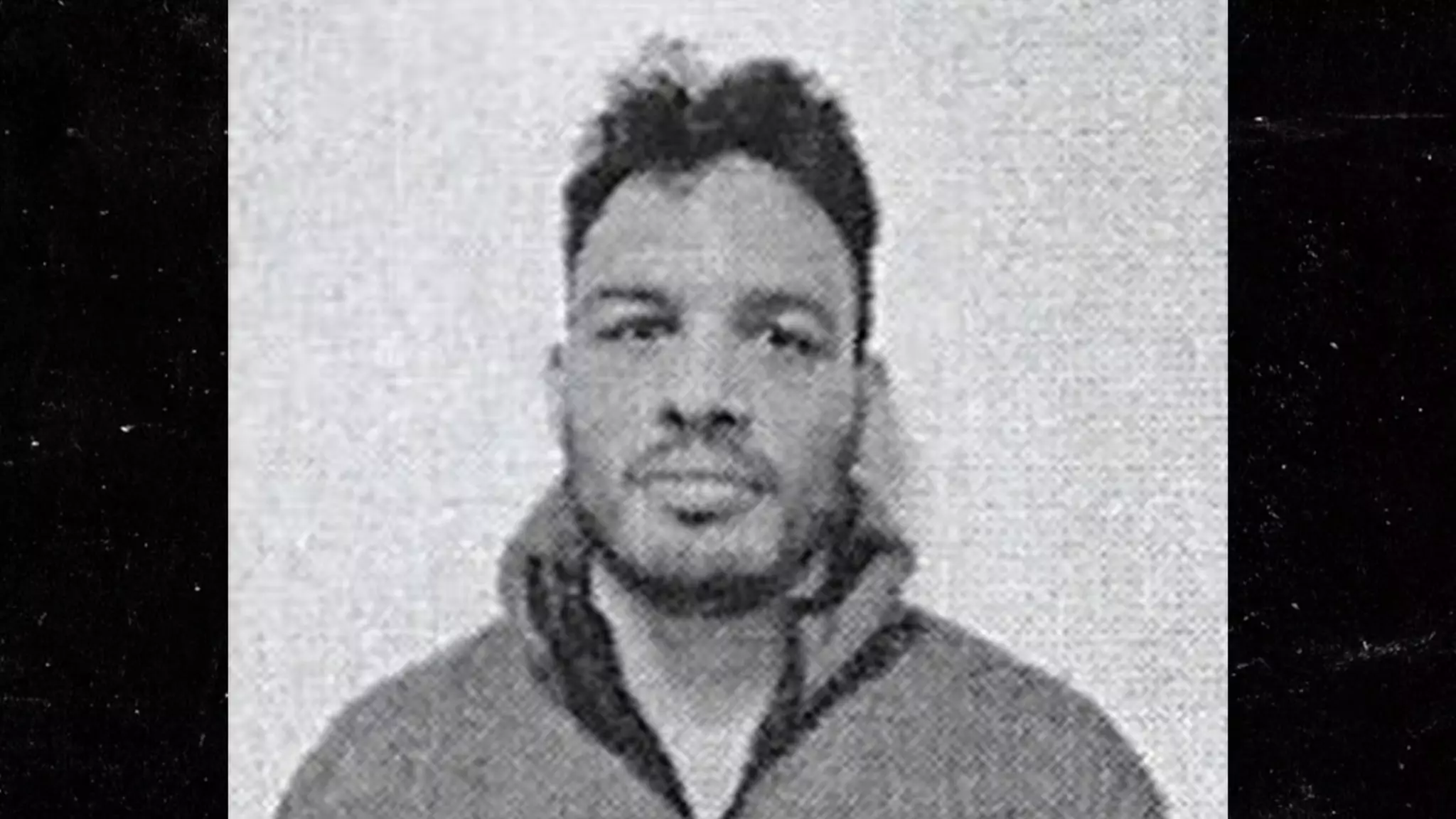In recent days, Julio Cesar Chavez Jr. has transitioned from the boxing ring into the harsh spotlight of legal controversy. Once celebrated as a talented athlete following in the footsteps of his legendary father, Chavez Jr.’s arrest reveals how fame can be a fragile veneer masking deeper personal failures. This incident underscores the peril of equating notoriety with virtue, especially when underlying issues remain unaddressed. The public’s fascination with celebrities often blinds them to their humanity, but Chavez Jr.’s case reminds us that greatness, whether in sports or life, requires integrity and responsibility — qualities seemingly absent in his recent behavior.
Legal Troubles: A Pattern of Self-Destruction
Chavez Jr.’s legal history paints a concerning portrait of recurrent misconduct. His recent arrest over allegations of weapons trafficking and links to the notorious Sinaloa cartel reveals a troubling pattern of criminal association. This is not an isolated incident; it is an escalation of actions that suggest a disregard for the law and societal safety. His previous record—including DUIs and illegal firearm possession—indicates a pattern of reckless behavior that tarnishes his athletic achievements. Far from being bygone accidents, these missteps are now part of a larger narrative of choices that threaten not only his career but also his personal freedom.
The Society’s Fault and the Illusion of Immunity
What makes Chavez Jr.’s situation even more disconcerting is the societal and political implications. Homeland Security officials have criticized past administrations for allegedly ignoring the threat posed by individuals like Chavez, suggesting that the system failed to act sooner due to his celebrity status. This raises essential questions about the influence of fame on justice and law enforcement priorities. No one should be above the law, yet those with public visibility often enjoy privileges that others do not. Chavez Jr.’s case exposes the dangerous fallacy that wealth and fame can shield individuals from accountability, a notion that endangers societal equity and deterrents against organized crime.
The Reality Beyond the Octagon
Chavez Jr. is a fighter—inside and outside the ring. However, his current trajectory demonstrates how personal battles can overshadow professional accomplishments. His confrontation with legal authorities is a stark reminder that athletic prowess does not equate to moral superiority. This incident questions whether the fight for personal redemption is possible after such damaging disclosures. For fans and critics alike, Chavez Jr.’s downfall becomes a cautionary tale about resilience, accountability, and the importance of aligning one’s actions with true integrity beyond the applause and headlines.
Reflections on Fame and Responsibility
Ultimately, Chavez Jr.’s case serves as a mirror to society’s obsession with celebrity culture. It prompts us to scrutinize whether our fascination with fame inadvertently encourages reckless behavior. The notion that a boxing champion, someone admired for discipline and strength, could descend into criminality suggests a disconnect between public perception and private reality. If we continue to elevate individuals without holding them accountable, we risk endorsing a culture where success excuses moral lapses. Chavez Jr.’s current predicament underscores how fragile reputation truly is and the paramount importance of fostering a deeper sense of personal responsibility, regardless of fame’s fleeting glow.

